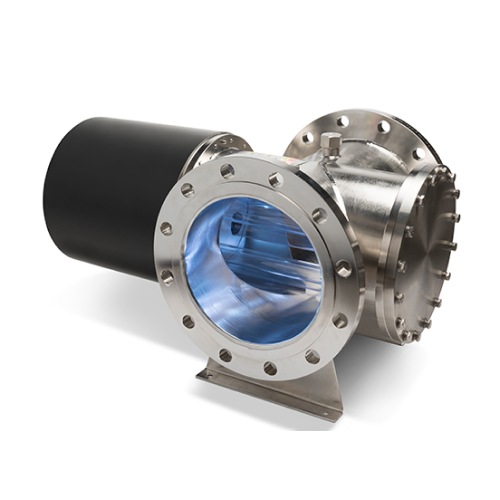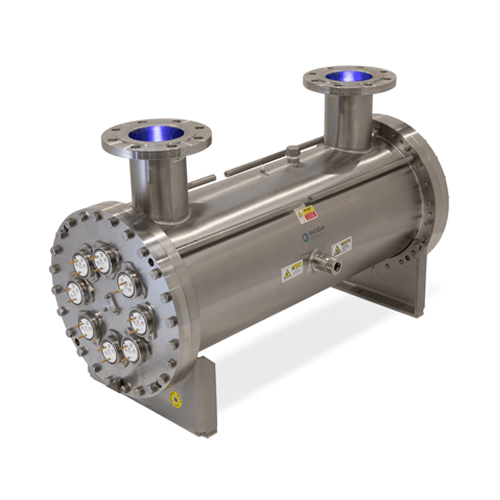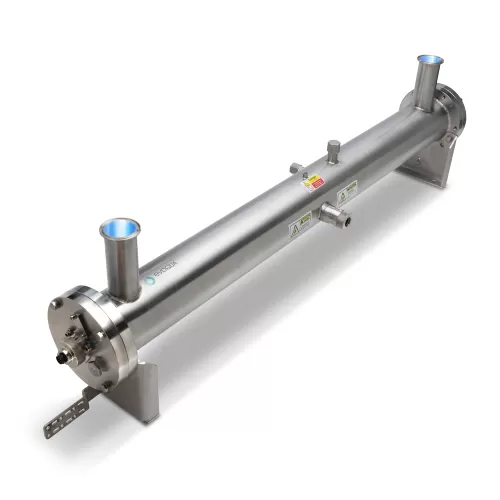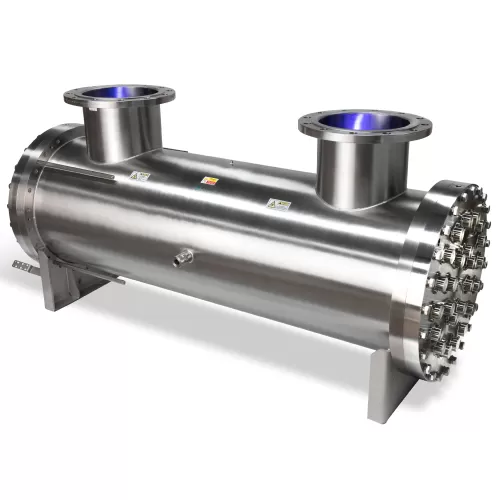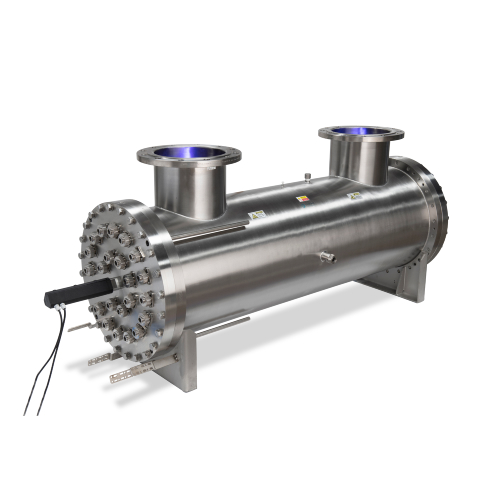Recent Posts
UV Water Disinfection in Pharmaceutical Processes
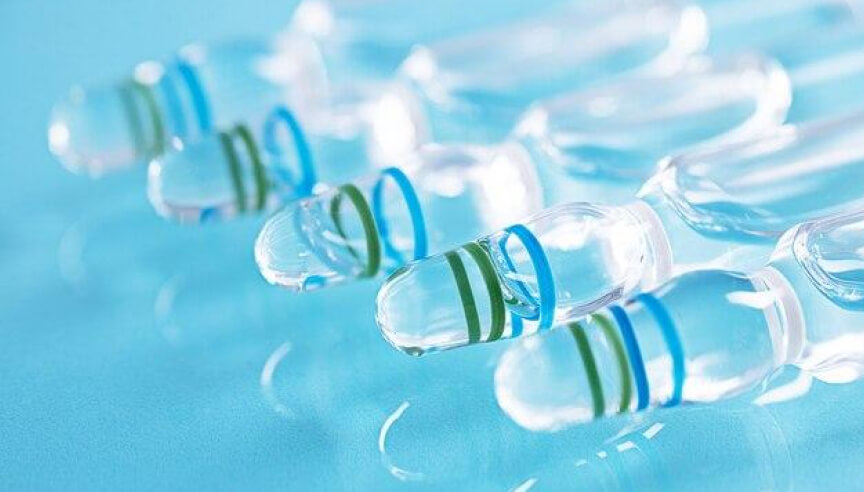
In the realm of pharmaceutical manufacturing, maintaining the highest standards of hygiene and purity is paramount. Every step of the production process demands stringent measures to ensure the safety and efficacy of medications and healthcare products. In this pursuit, ultraviolet (UV) water disinfection has emerged as a crucial technology, offering pharmaceutical facilities a potent solution to safeguard against microbial contamination and elevate sanitation protocols.
Illuminating Hygiene: Harnessing UV Water Disinfection in Pharmaceutical Processes
The Role of UV Water Disinfection in Pharmaceuticals:
Water Quality Assurance:
Water serves as a critical ingredient in pharmaceutical formulations. Whether used in manufacturing, cleaning, or as a raw material, its purity is non-negotiable. UV water disinfection acts as a robust barrier against harmful microorganisms, ensuring that the water utilized in pharmaceutical processes is free from pathogens.
Compliance with Regulatory Standards:
Pharmaceutical manufacturing is subject to stringent regulatory requirements, especially concerning water quality. UV disinfection serves as a proactive measure to meet and exceed these standards, demonstrating a commitment to producing medications of the highest quality and safety.
Applications of UV Water Disinfection in Pharmaceuticals:
Purified Water Systems:
Pharmaceutical facilities often employ purified water systems for various purposes, including cleaning, formulation, and as an ingredient in medications. UV disinfection integrated into these systems ensures that the water remains microbiologically pure throughout the manufacturing process.
Wastewater Treatment:
The treatment of wastewater generated during pharmaceutical production is crucial for environmental safety. UV water disinfection effectively neutralizes pathogens in wastewater before its discharge, complying with environmental regulations and ensuring minimal impact on surrounding ecosystems.
Advantages and Benefits:
Effective Microbial Control:
UV disinfection is highly effective in neutralizing a wide spectrum of microorganisms, including bacteria, viruses, molds, and spores. This ensures comprehensive protection against potential contaminants in water sources.
Chemical-Free Solution:
Unlike some traditional water disinfection methods that involve the use of chemicals, UV disinfection is chemical-free. This eliminates concerns about chemical residues or by-products that could potentially affect the purity of pharmaceutical products.
Reduced Maintenance and Operating Costs:
UV systems, once installed, require minimal maintenance compared to other disinfection methods. They have lower operating costs and can be more energy-efficient, contributing to cost savings over time.
Future Developments and Innovations:
The evolution of UV water disinfection technology in pharmaceuticals continues with a focus on:
- Advanced Monitoring and Control Systems: Integration with smart monitoring platforms for real-time assessment and control of water quality within pharmaceutical facilities.
- Customized Solutions: Tailoring UV systems to suit the specific needs of pharmaceutical processes, ensuring optimal disinfection without compromising the integrity of sensitive pharmaceutical compounds.
Conclusion:
UV water disinfection stands as a beacon of innovation in the pursuit of impeccable hygiene standards within pharmaceutical manufacturing. By providing a reliable, chemical-free method to control microbial contamination in water sources, UV technology plays a pivotal role in upholding the integrity, safety, and efficacy of medications and healthcare products. As advancements in UV technology continue, the pharmaceutical industry can anticipate even more refined and specialized applications, further fortifying the foundation of pharmaceutical hygiene and quality control.


